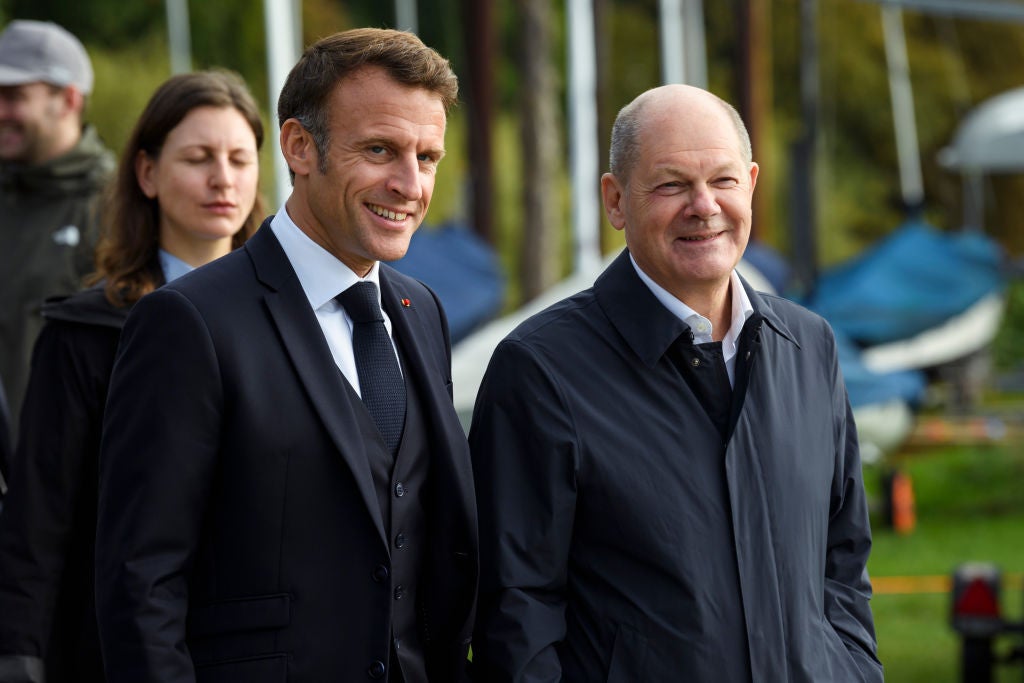EU energy ministers have agreed draft rules for using CfDs after political disagreement had previously prevented power market reform.
The European Parliament will begin discussing the reform on Thursday and ministers hope to reach an informal deal by the end of the year.
Late on Tuesday evening, Teresa Ribera, the Spanish Energy Minister, told reporters: “We have achieved an agreement that would have been unimaginable only a couple of years ago. Thanks to this agreement, consumers across the EU will be able to benefit from much more stable prices of energy, less dependency on the price of fossil fuels and better protection from future crises. We will also accelerate the deployment of renewables, a cheaper and cleaner energy source for our citizens.”
Due to large fixed-capital costs that cannot be recovered once outlaid, investment in nuclear energy is considered risky. Rates of return are also uncertain due to energy price volatility. CfDs reduce the risks of investment in nuclear by providing companies with a fixed price for their output over a certain period, therefore offering a more predictable rate of return on capital.
The European Commission initially proposed requiring governments to use two-way CfDs for any state support for new nuclear plants, expanding the capacity of existing plants or prolonging their lifespans.
As the largest producer of nuclear power in Europe, France needs to invest in extending the lifespan of its existing, ageing fleet and therefore supported the CfD proposition.
However, Germany feared that giving state support to existing plants without strict limitations on how excess revenues from the CfDs would be redistributed would distort the price mechanism in the EU’s internal energy market and stunt competition between European companies.
To resolve the disagreement, ministers agreed on Tuesday that the European Council would ensure CfDs were “properly designed” to not distort competition in EU energy markets and that the use of CfDs to prolong the lifespans of existing plants would be optional, not mandatory.
Going forward, the Spanish EU presidency will negotiate on behalf of the EU Council with the parliament and European Council to agree the final text needed for the power market design reforms, in which CfDs are included, to become binding.









